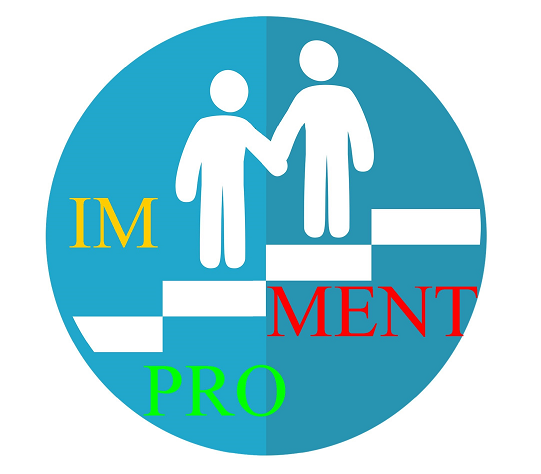OBJECTIVES & TARGET GROUPS

The project objectives are:
– To set up of peer learning mentoring schemes between advanced students and low-skilled Roma students to prevent potential school drop-out including during potential distance learning caused by lockdowns/health pandemia
– To development of model for peer learning mentoring including digital tools for SMART goal setting, research and development, projects building etc.
– To establish a code of conduct for advance students to act as peer mentors
The following target groups are direct participants in the project activities and they took direct benefits from its realisation:
1. Peer mentors selected among advanced students, who support their peers (students from Roma origin, low skilled or with learning difficulties/disabilities) at the project piloting phase. 94 SU selected 15 advanced students, who were trained as peer mentors. These mentors took part in the project tryouts to strengthen their personal skills in order to enhance and facilitate the peer mentoring experiences of their peers in the academic/educational subjects but also in areas such as active citizenship, empowerment, social inclusion, equal opportunities.
2. Mentees – students with Roma origin, learning difficulties and disabilities were also engaged – 15 students were selected on the principle as “the most vulnerable to succeed in the distance learning) with the potential this figure to be increased beyond the project lifetime. WINSS, Turkiye and BIST, Bulgaria facilitated the process of matching mentoring couples by guiding the teachers in this matching process.
3. Teachers from 94 SU – 32 teachers were trained by the team of WINSS, Turkiye and BIST, Bulgaria respectfully on provision of guidance for successful facilitation of the peer mentoring process including monitoring and measurement of the impact of this relationship.
4. Youth workers from participating NGOs – WINSS, Turkiye and BIST, Bulgaria involved in the piloting 6 staff members of their organisations who are experienced to implement the digital peer mentoring schemes by using the project concept. One of the project’s major results is the strengthening the capacity of the project partners by developing common but also customised and culturally adopted per country guidance and training materials.
